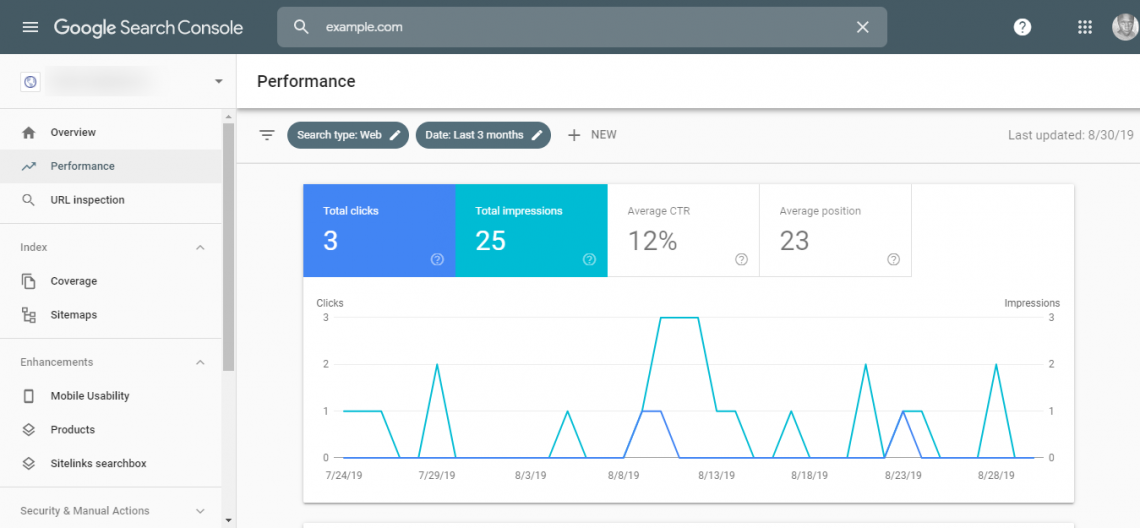SEO (short for search engine optimization) is the proverbial beast barring your way to online success. Or at least that’s how many beginners think of SEO.
You know, the beast that lies in wait to devour your efforts, ensuring you don’t reach your happy place in terms of traffic.
But nothing could be further from the truth. SEO is the exact opposite; it is one of the vehicles you can use to drive more traffic to your site. If you do your work well, you can clinch top positions in Google and other search engines.
Well, it takes time, but if you put in the effort, you can easily rank well for your primary keywords. I’m not even kidding; it’s easy. I do it all the time, and many other people do it too.
All you have to do is follow a couple of SEO guidelines, and you’ll be smooth sailing. The result? You get qualified traffic to your website, make money and ride off into the sunset.
So, are you looking to score top positions in Google among other search engines? If that’s a resounding YES, read on.
Top SEO Guidelines to Improve Your Google Search Rankings
I am assuming you’re the perfect beginner, so I will keep the post light and straightforward. I will try as much as possible to steer clear of jargon so that you can benefit greatly.
Besides that, you’re in safe hands since these SEO guidelines are from Google – the biggest search engine in the world.
That out of the way, let us get down to business.
Ensure Your Site is In Google’s Search Index
Before you start optimizing your site for search engines, it’s essential to determine whether your website is in Google’s index.
What’s the Google index? The index is where Google stores all the web pages it knows. Google uses automated software known as a crawler (also known as Googlebot or spider) to fetch pages from the internet and index them.
Now, Google crawls billions of web pages at any given time. At the same time, the crawlers might inevitably miss your website for several reasons, including:
- You just launched a new website
- Your website doesn’t have a good number of backlinks
- The design of your website makes it hard for Google spiders to crawl your site
- The robot.txt file on your server is blocking Google from crawling your site
- Google encountered errors while crawling your site
So before you panic wondering why you can’t find your website in Google, first check if the search engine giant has your pages in its index.
How?
Just type site:example.com in Google. Of course, you want to replace example.com with your actual domain name. For instance, a search for site:vistamedia.xyz will return results about my portfolio website since I’m already in the Google index.
The above site:example.com command can also help you to pinpoint leftover pages on your site that you might need to delete. This is usually helpful if you use WordPress and imported demo theme content when building the website.
What do you do if you don’t find your site in the Google index?
Well, you needn’t worry. Most of the time, Google adds your site to the index automatically. However, you can use Google Search Console to submit your site manually, check errors, and monitor how your website is performing in search results. On top of that, you can help Google find your site by submitting a sitemap via the same tool.
Most times, however, you won’t need to add your site to Google manually. But it doesn’t hurt to check how your site appears in Google.
Create Accurate & Unique Titles
It is vital to create a unique and accurate title for each page on your site. This allows Google to see your page the same way people do. A good title helps Google understand what your page is all about.
If you’re using HTML to code your web page, you must include your

